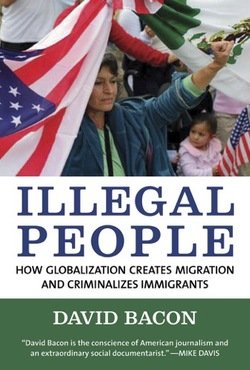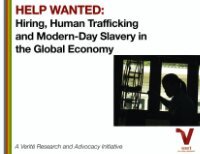By JARED DIAMOND
Guns, Germs, and Steel: A Short History of Everybody for the Last 13,000 Years by Jared Diamond is a groundbreaking exploration into the complex tapestry of human history. Diamond delves deep into the factors that have shaped the destinies of civilizations over millennia, examining the roles of geography, biology, and culture in determining the fates of societies worldwide. Through meticulous research and compelling analysis, Diamond uncovers the interconnected forces that have influenced the rise and fall of nations, challenging conventional narratives of human development. A thought-provoking and illuminating read, Guns, Germs, and Steel offers a fresh perspective on the evolution of human societies and the legacies that continue to shape our world today.
NY. Penguin. Vintage. 1997.. 662p.





